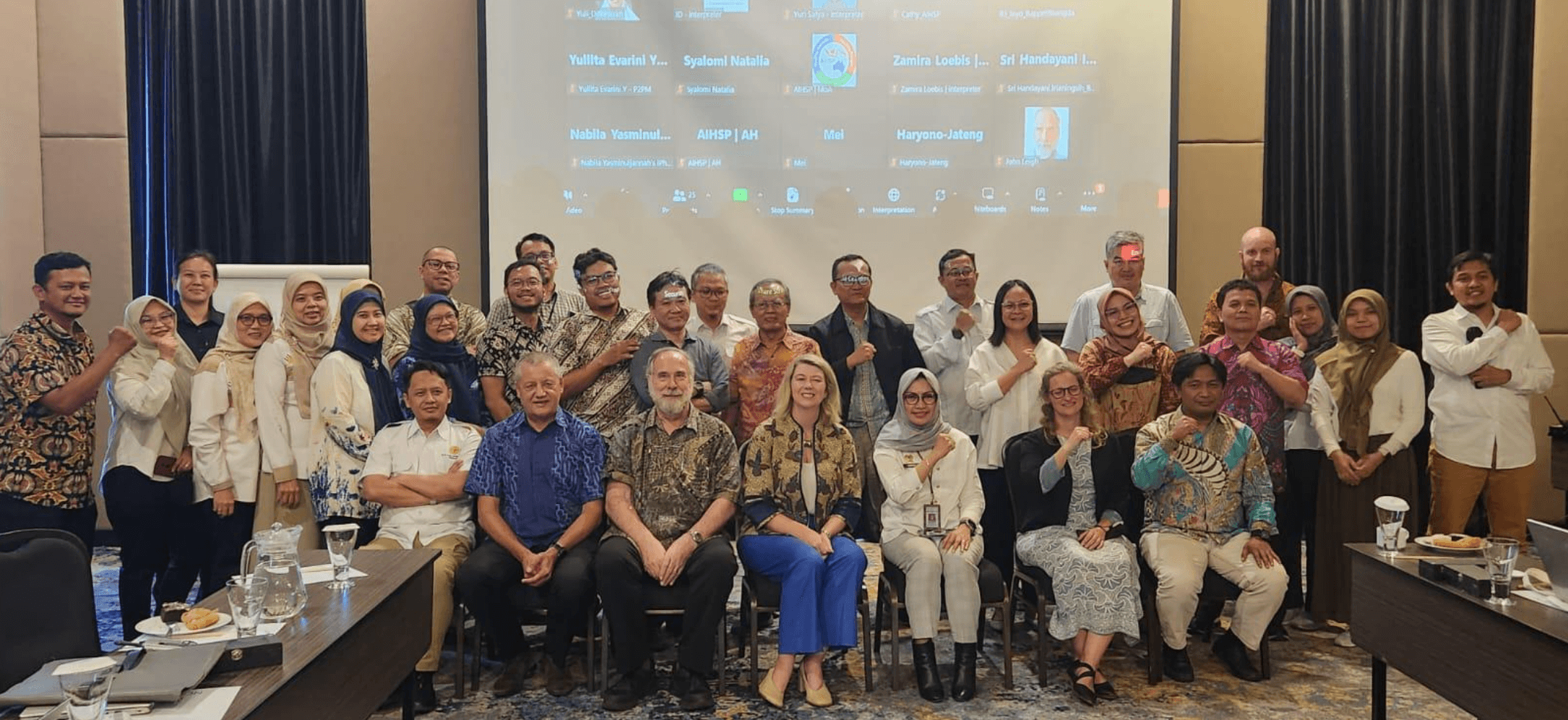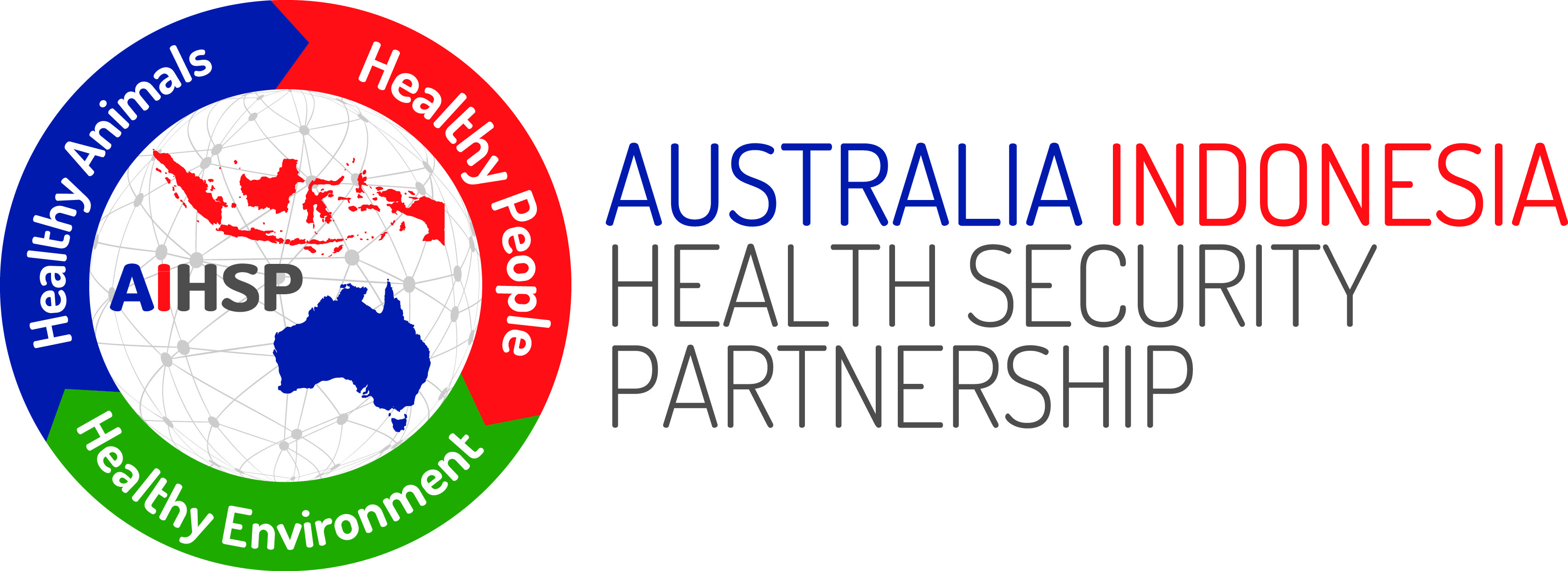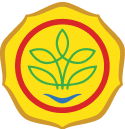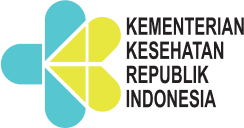Strengthening Joint Health Initiatives: The Impact of AIHSP on Animal Health in Indonesia

The Program Steering Committee (PSC) meeting for the Animal Health Component of the Australia Indonesia Health Security Partnership (AIHSP) took place on 20 December 2023. This event marked the 4th PSC meeting and was inaugurated by the Director of Animal Health‒representing the Director-General of Livestock and Animal Health, Ministry of Agriculture, Republic Indonesia‒and the Minister Counsellor from the Australian Department of Foreign Affairs and Trade (DFAT) in Jakarta.
The PSC serves as a crucial element in the governance and program management structure of AIHSP. It ensures that all program activities receive consideration and approval from the Governments of Indonesia and Australia before implementation. Over the past three years, AIHSP has been instrumental in supporting Indonesia in addressing various animal health issues‒providing the basis for the development of best practice models for potential replication and scale-up.
The Director of Animal Health, Dr. Drh. Nuryani Zainuddin, M.Si, highlighted AIHSP's role in supporting the Directorate of Animal Health in controlling diseases such as Lumpy Skin Disease (LSD),[1] Foot and Mouth Disease (FMD),[2] rabies,[3] and other zoonotic[4] diseases. Dr. Nuryani specifically acknowledged AIHSP's contribution during the emergency response to the rabies outbreak in NTT. Dr. Nuryani said, “AIHSP has provided technical assistance, training, guideline development, and IEC[5] materials for effective rabies control.”
Expressing gratitude for this collaboration, Dr. Nuryani addressed the development of the 2024 work plan. This plan takes into account recommendations for the longer-term future. As AIHSP concludes in January 2025, the main focus will be on activities that are a priority in the program’s final year, while also preparing for new health projects being considered by DFAT.
Minister Counsellor for Governance and Human Development at DFAT, Ms. Madeliene Moss, expressed appreciation for the strong partnership between the Government of Australia through AIHSP and the Directorate of Animal Health – Ministry of Agriculture. She outlined key points in the 2024 work plan, focusing on sustainable support for Indonesia's integrated animal health information system (iSIKHNAS), assistance in risk communication, and the provision of rabies vaccines for controlling the rabies outbreak in Timor. Ms. Moss reaffirmed the commitment of the Australian Government to continue support and collaboration after the closure of AIHSP in January 2025.
During the meeting, various achievements were acknowledged, including the provision of 1 million doses of LSD vaccine since 2023 through DAFF,[6] successful collaboration in overcoming trade bans, biosecurity training for the Ministry of Agriculture staff,[7] and collaboration on bird flu. The meeting also discussed upcoming program plans, including the next DFAT program development, priority work plans for AIHSP Animal Health in 2024, and collaboration with other government sectors, emphasising a smooth transition after AIHSP concludes.
Ms. Moss assured the Australian Government’s support for a seamless transition in the health sector program, with progress and options evaluated in the next six months. Consultations with the Ministry of Agriculture and the Ministry of Health will be conducted in preparation for the new program.
Dr. Nuryani responded by detailing the scope of the work plan and collaboration with Indonesia’s National Research and Innovation Agency. She confirmed the Ministry's approval of the proposed AIHSP and BICOLLAB[8] work plans, ensuring sustained support for iSIKHNAS.
With a strong spirit of collaboration between AIHSP, DFAT, and the Indonesian Government partners, it is evident that this program has made a significant contribution to addressing health security challenges, especially in animal health in Indonesia. Sustained support, including the 2024 work plan, marks a joint commitment to ensuring the continued success of this program. It is hoped that this close collaboration will continue to benefit society and the environment in the future.
[1] LSD is a disease affecting cattle. It is caused by a virus.
[2] FMD is a disease that affects cloven-hoofed animals such as cattle, goats, and pigs.
[3] Rabies: A viral disease that can affect the nervous system and is typically transmitted through the bite of an infected animal.
[4] Zoonotic diseases: Diseases that can be transmitted from animals to humans.
[5] IEC is an abbreviation for Information, Education, and Communication and is commonly used in the context of health or education programs to denote efforts in providing information, education, and communication to the public or specific groups.
[6] DAFF refers to the Department of Agriculture, Fisheries, and Forestry of the Australian Government.
[7] Biosecurity involves measures taken to protect living organisms from diseases and other health threats.
[8] BICOLLAB is a collaboration between ACDP’s international team and Indonesia’s animal Disease Investigation Center (DIC) in Wates, Yogyakarta. ACDP is the Australian Centre for Disease Preparedness in Geelong, a division of the Commonwealth Scientific and Industrial Research Organisation (CSIRO).
Share this article on:





